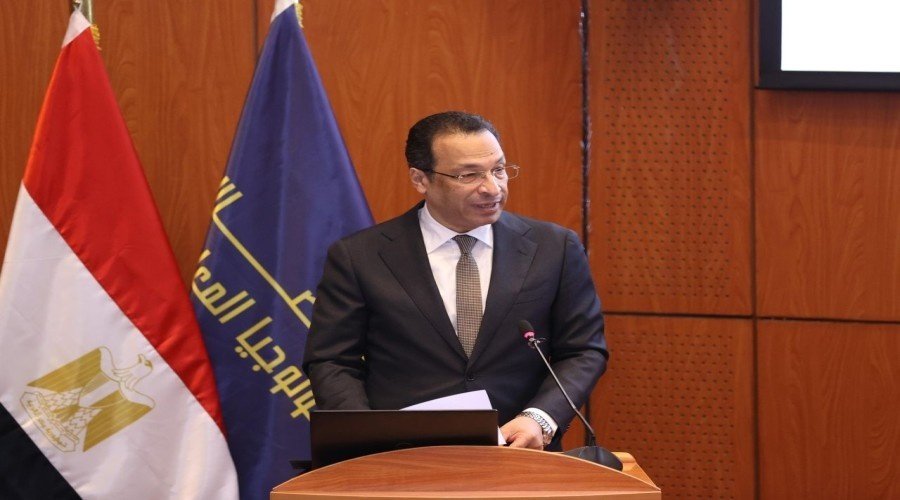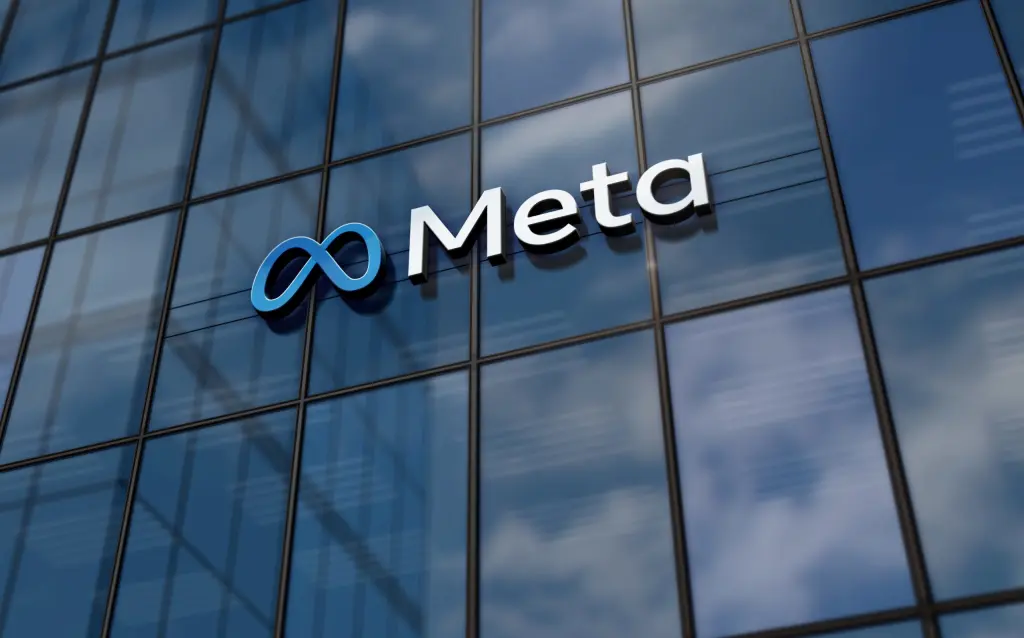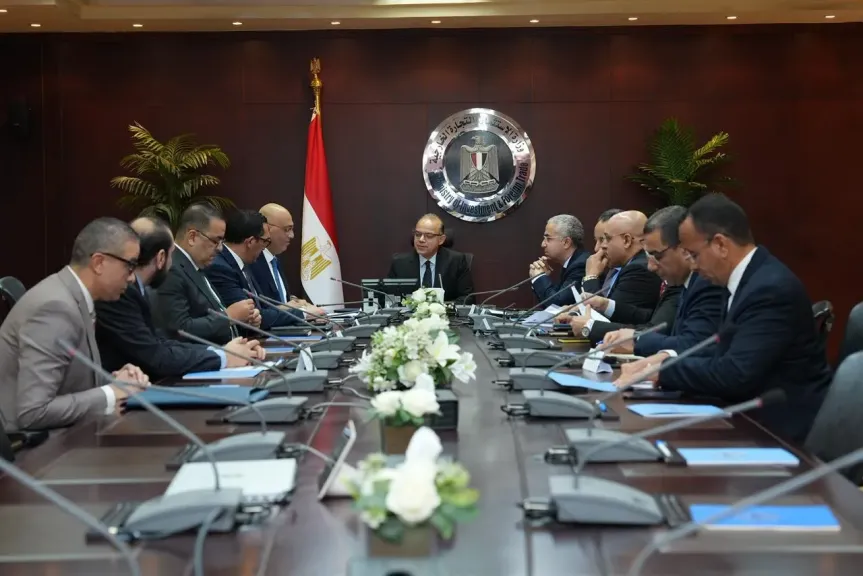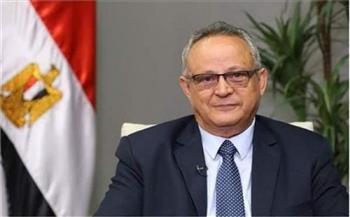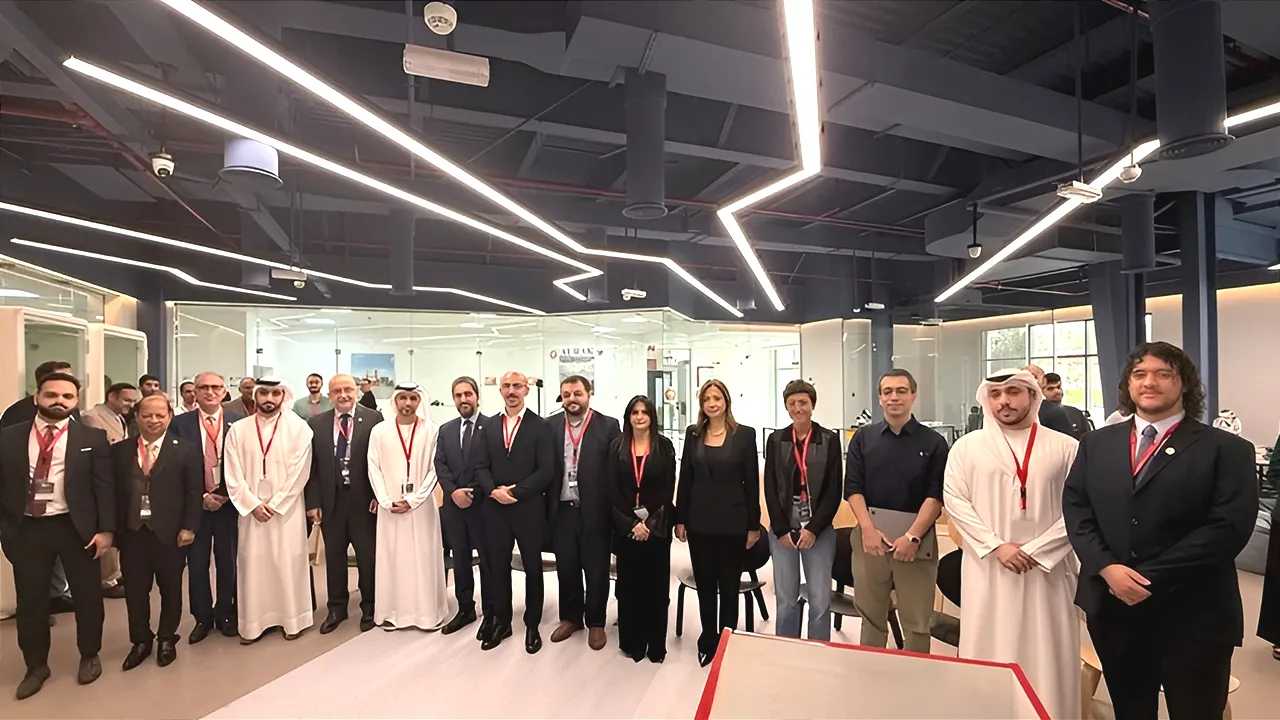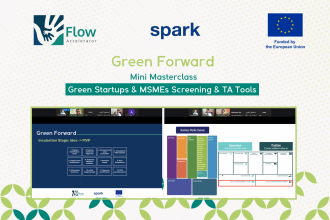Over its 23-year history, the Alexandria Bibliotheca has stood as a beacon of culture and knowledge in Egypt. Now, the iconic institution is spearheading a significant digital transformation, evolving beyond its traditional role to become a dynamic hub for innovation, scientific research, and entrepreneurship. According to its director, Dr. Ahmed Zayed, the library is actively launching new initiatives to foster a new generation of creators and entrepreneurs, moving decisively to address the demands of the digital age.
Fostering a New Generation of Innovators
A key part of the library’s new strategy is the direct support of young talent and startups. It has established the “Science Simplification Lab” to encourage youth entrepreneurship and innovative thinking, helping them develop ideas and participate in global competitions. Furthering this commitment, the library plans to launch a specialized center to train youth in IT innovation and electronic application development.
The institution has also rolled out several major awards, including a global prize for green technology applications and a grand prize for young creators across various fields, including scientific innovation and entrepreneurship. These initiatives signal a clear focus on building a robust pipeline of talent equipped for the modern economy.
Expanding Reach Through Digitalization
The Alexandria Bibliotheca is leveraging technology to democratize access to knowledge across Egypt. A cornerstone of this effort is the “Knowledge Embassies” project, which establishes digital access points within public and private universities across the country. These embassies allow students to access the library’s vast digital collection of books, research, and activities remotely.
In addition to digitizing its collections, the library is producing original digital content, including a podcast series with intellectuals and over 30 short films on Egyptian heritage and culture. Dr. Zayed emphasized that “digitization has significantly contributed to bringing the voice of the Bibliotheca Alexandrina to all Egyptian governorates.”
Bridging Heritage and Research
While embracing the future, the library continues to preserve the past. It holds a massive collection of rare documents and manuscripts, which are being meticulously digitized. This process has made priceless historical texts accessible to researchers globally, who can now find and view a manuscript within minutes through the library’s digital portals.
The institution’s Academic Research sector actively supports the scholarly community by publishing scientific journals, such as “Hypatia” which focuses on Arab women researchers in science and technology. It also offers grants and specialized training workshops for young researchers, often conducted online to reach an African and Arab audience.
Global Partnerships and Future Media Hub
The Alexandria Bibliotheca maintains strong international ties, with cooperation agreements in place with major libraries in Europe and Asia, including those in France, Spain, China, and Japan. Looking ahead, the library plans to establish its own media production center. This center will train young people in practical media skills such as screenwriting, directing, and cinematography, further cementing its role as a multi-faceted institution for national development.
About Alexandria Bibliotheca
The Alexandria Bibliotheca is a major library and cultural center located on the shore of the Mediterranean Sea in Alexandria, Egypt. Inaugurated in 2002, it is a commemoration of the ancient Library of Alexandria and aims to be a center of excellence in the production and dissemination of knowledge and a place of dialogue and understanding between cultures and peoples. It houses millions of books and features museums, art galleries, a planetarium, and research centers dedicated to various academic disciplines.
Source: Dar El Hilal


